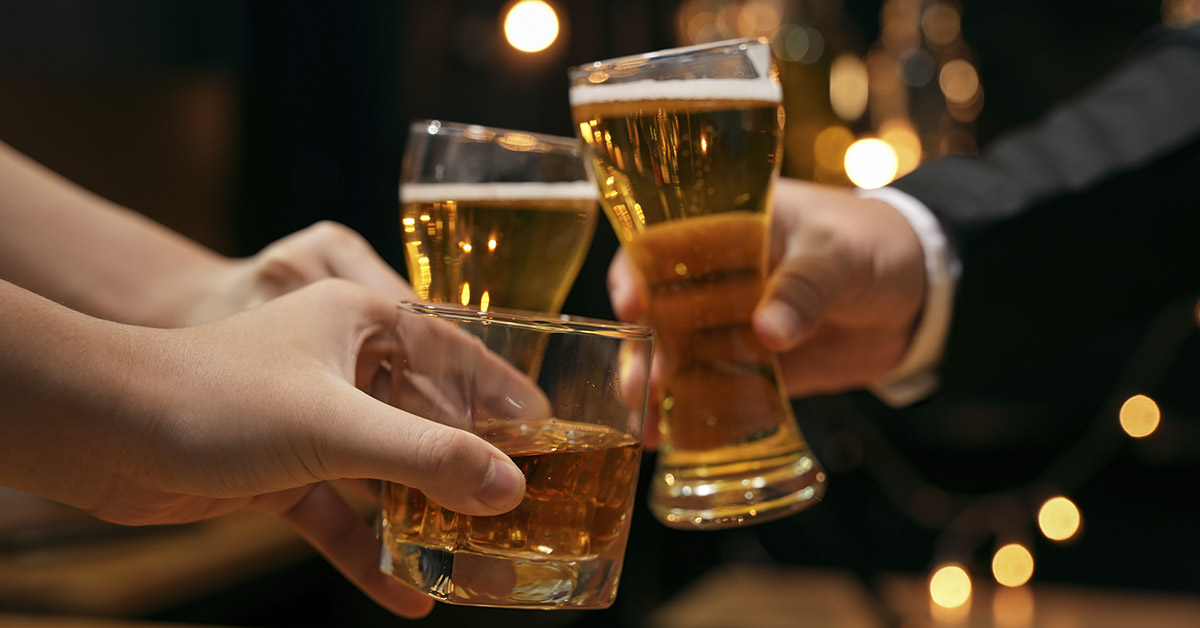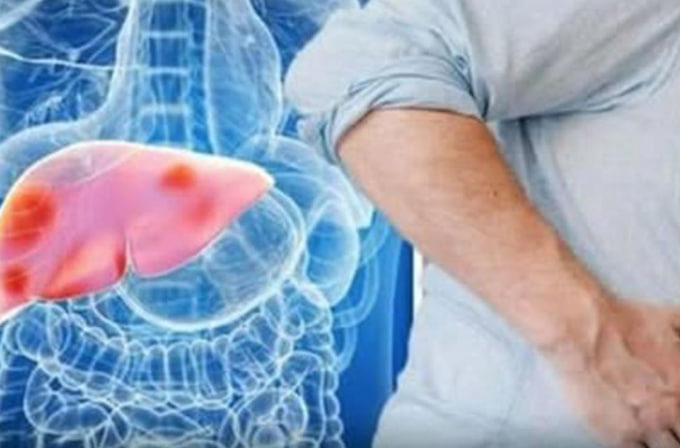The liver is one of the most vital organs in the human body. It plays a central role in metabolism, detoxification, nutrient storage, and digestion. While alcohol is widely known to harm liver function, growing evidence suggests that certain non-alcoholic beverages may also contribute to liver damage—particularly those high in sugar and additives. These beverages may accelerate the development of non-alcoholic fatty liver disease (NAFLD), a condition that now affects up to 30% of the global population, according to data published in Nature Reviews Gastroenterology & Hepatology.
As rates of obesity, insulin resistance, and metabolic syndrome continue to rise, so does the prevalence of NAFLD and its more severe form, non-alcoholic steatohepatitis (NASH). These diseases are now among the leading causes of chronic liver disease and liver-related mortality worldwide. Many commonly consumed beverages can contribute to the onset or progression of these conditions. Here’s a science-backed breakdown of five types of drinks that may harm liver health, based on findings from peer-reviewed research and public health organizations.

1. Fruit Juices with Added Sugars
Although fruit juice may seem like a healthy choice, commercial varieties often contain added sugars or are highly concentrated in fructose. Unlike whole fruits, juices lack dietary fiber, which slows sugar absorption. This can lead to sharp spikes in blood glucose and insulin, placing stress on the liver.
Fructose, a simple sugar found naturally in fruit and added to many sweetened products, is primarily metabolized by the liver. Studies in journals like Hepatology have shown that excess fructose consumption can promote lipogenesis—the conversion of sugar into fat—leading to liver fat accumulation, oxidative stress, and inflammation.
Tip for Better Liver Health: Opt for whole fruits instead of juice. When drinking juice, choose 100% fruit juice in small portions (no more than 4–8 ounces per day), and avoid any with added sugars.

2. Sweetened Iced Teas and Bottled Tea Drinks
Sweetened tea beverages often contain high-fructose corn syrup or other added sugars that mimic the effects of sugary soft drinks. A single 16-ounce bottle can contain over 30 grams of sugar, according to data from the U.S. Department of Agriculture (USDA).
High intake of added sugars has been correlated with liver fat accumulation and insulin resistance, two key markers of NAFLD. A 2021 study in the Journal of Hepatology reported a significant association between sugar-sweetened beverage consumption and elevated liver enzyme levels in adults.
Alternative: Brew your own tea at home. You can lightly sweeten it with small amounts of honey or natural non-caloric sweeteners like stevia. Unsweetened green or black teas may also provide antioxidant benefits that support liver health.

3. Energy Drinks
Energy drinks contain a potent mix of sugar, caffeine, and often herbal stimulants like guarana or ginseng. Some brands contain up to 55 grams of sugar per can—more than the recommended daily intake.
Increased intake of energy drinks has been associated with elevated alanine aminotransferase (ALT) levels, a common indicator of liver stress. A study published in The Journal of Clinical and Experimental Hepatology reported cases where frequent energy drink use led to acute hepatitis in otherwise healthy individuals.
Public Health Recommendation: The American Academy of Pediatrics advises against energy drink consumption in children and adolescents. Adults should consume them in moderation, if at all, and be aware of both sugar content and total caffeine intake.

4. Sports Drinks
Marketed for hydration and performance, many sports drinks are loaded with simple carbohydrates, electrolytes, and fat-soluble vitamins. While beneficial for athletes undergoing prolonged or intense physical exertion, for the average person, these drinks can contribute to excessive calorie and sugar intake.
Over time, regular consumption of sports drinks outside of athletic contexts can contribute to hepatic fat storage and liver strain. Some formulations also contain high doses of vitamins A and E, which are metabolized by the liver and can accumulate to toxic levels if consumed excessively.
Recommendation: Limit sports drink intake to periods of intense physical activity. For most people, water remains the best choice for hydration.

5. Regular and Diet Sodas
Sugary sodas are widely recognized as a major contributor to metabolic disorders. These drinks typically contain high-fructose corn syrup and deliver empty calories that can overwhelm the liver’s metabolic functions.
Long-term consumption of sugary soft drinks is associated with a higher risk of NAFLD, according to a 2020 meta-analysis published in Clinical Nutrition. The study found that individuals who consumed more than one sugar-sweetened beverage per day had a 53% higher risk of developing fatty liver disease.
Even diet sodas, which contain artificial sweeteners like aspartame or sucralose, may not be harmless. Some research has linked high consumption of artificial sweeteners to changes in gut microbiota, glucose metabolism, and liver fat storage, though more data is needed to establish causation.
Best Practice: Both regular and diet sodas should be consumed sparingly, and water or herbal teas should be used as the primary hydration source.

How to Support and Protect Liver Health
The liver is resilient and capable of regeneration. However, chronic overexposure to harmful dietary substances can reduce its ability to heal. To maintain long-term liver health, healthcare professionals recommend adopting a balanced and mindful approach to nutrition and hydration.
Key Strategies for Liver Wellness:
-
Drink more water: It aids detoxification and supports all metabolic processes.
-
Consume whole foods: Rich in antioxidants, fiber, and healthy fats—such as leafy greens, berries, fatty fish, and nuts.
-
Limit added sugars: Aim for less than 10% of your daily calories from added sugars, as recommended by the World Health Organization (WHO).
-
Avoid processed and high-calorie beverages: Especially those with added fructose or artificial sweeteners.
-
Get regular health screenings: If you have risk factors such as obesity, diabetes, or a family history of liver disease, periodic check-ups can help detect early signs of liver issues.
Final Thoughts
While alcohol continues to be a primary risk factor for liver damage, growing research shows that many non-alcoholic beverages may also contribute to liver dysfunction—particularly those loaded with added sugars, caffeine, or synthetic additives. Being mindful of what you drink is a crucial step in preventing non-alcoholic fatty liver disease (NAFLD) and supporting your body’s overall health.
Making simple changes—such as reducing intake of sugary drinks, opting for unsweetened beverages, and choosing whole fruits over juice—can significantly benefit liver health in both the short and long term. Always consult with a healthcare provider before making major dietary changes, especially if you have underlying health conditions.

